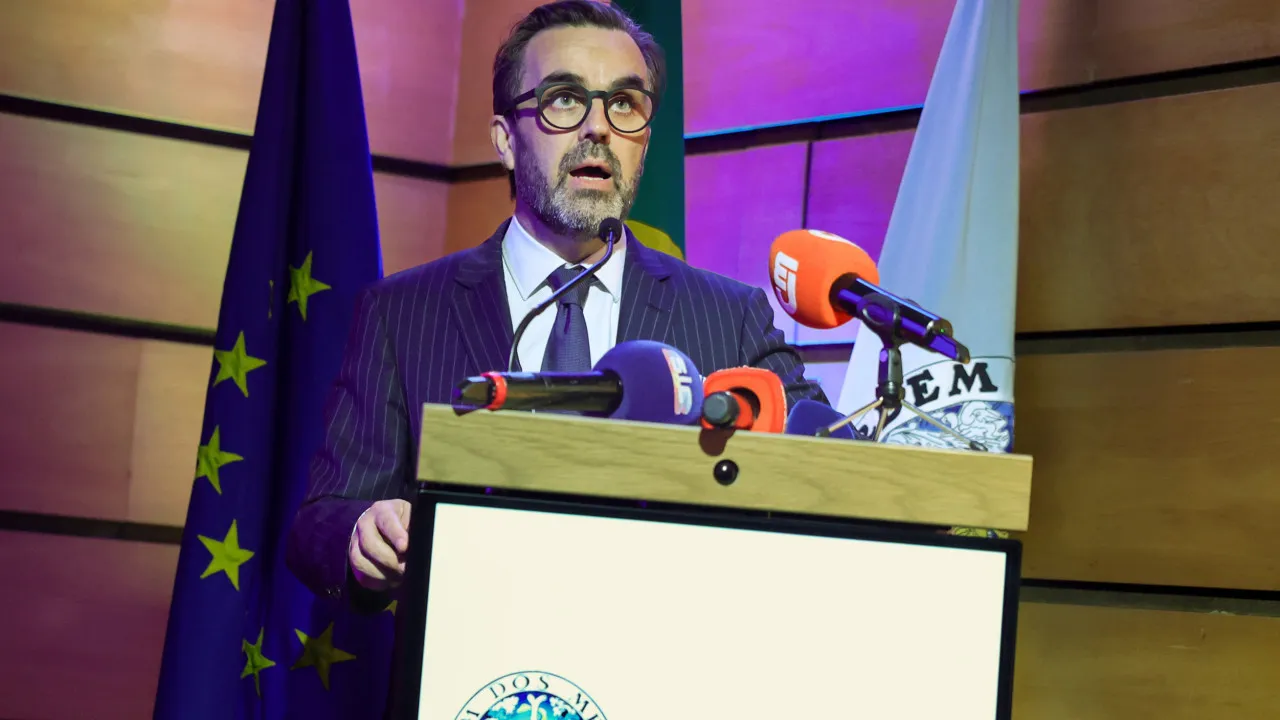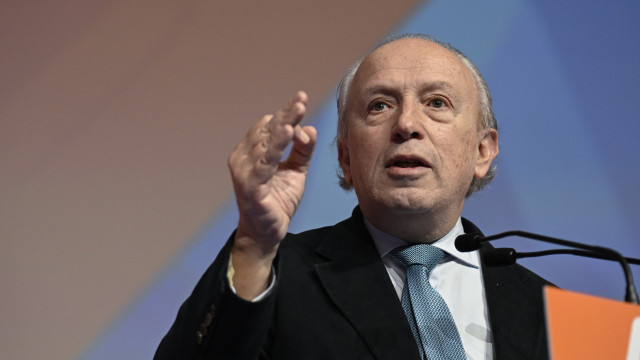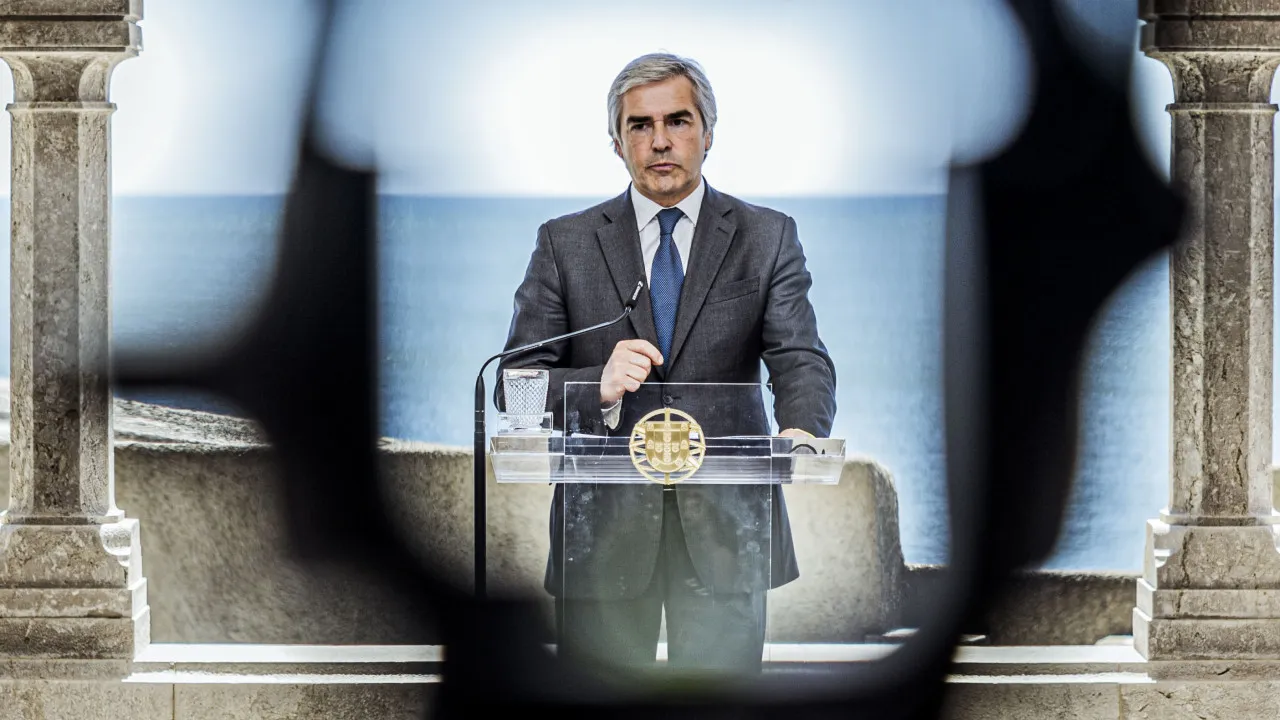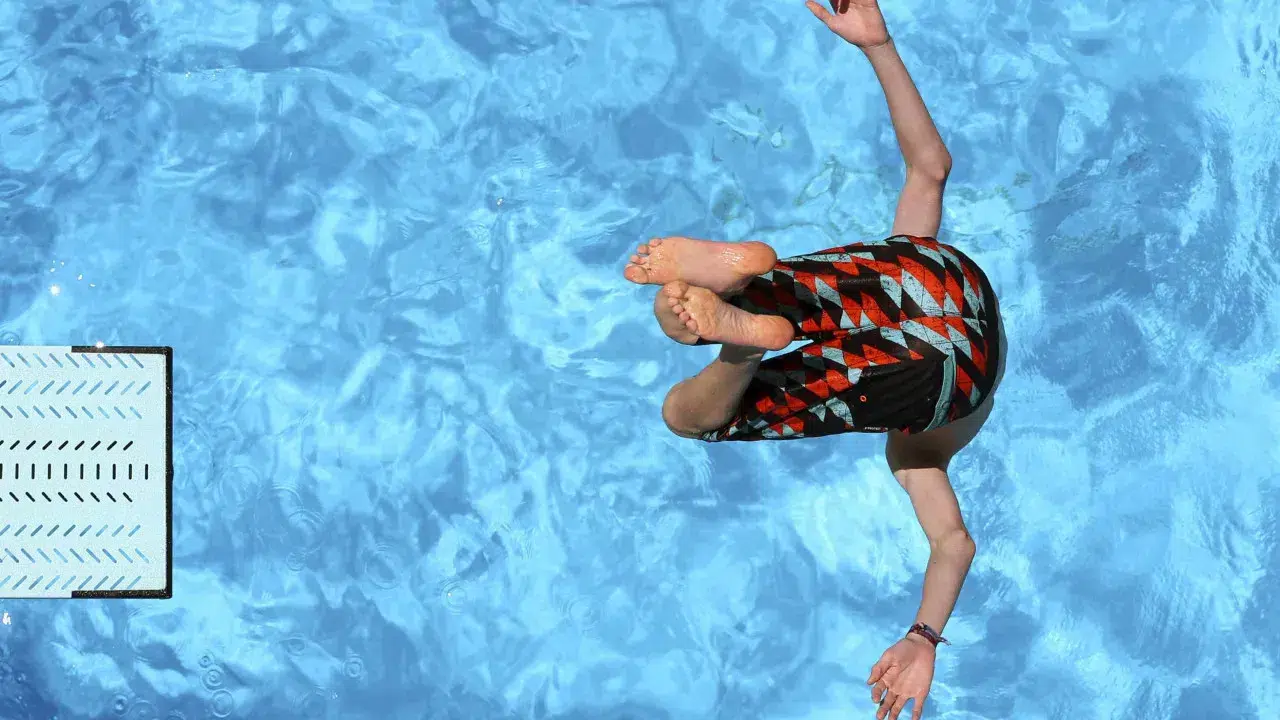
The festival’s program, unveiled today, features concerts, discussions, shows, exhibitions, workshops, and lectures. It includes a preliminary event on May 5, dedicated to World Portuguese Language Day, consisting of an educational program at Biblioteca Palácio Galveias.
The festival is scheduled for May 9, 10, and 11, and will, for the first time, be held at the ‘Beato Innovation District’. Organized by the Lisbon Library Network, the event presents an “eclectic program” reflecting on the interplay between Language, Literature, and Innovation, addressing challenges posed by new technologies to communication and the written word.
“In this edition, we dared a bit more and thought of a program directed at people working in the cultural sector. The Lisboa 5L Festival offers its small contribution towards reflection, empowerment, combating misinformation, and other forms of censorship, in these times when reality often feels like fiction,” said Edite Guimarães, head of the library network division.
Opening on May 9, a lecture titled ‘Misinformation, Book Censorship, and the End of Democracy’ will be presented by American librarian and curator Tracie Hall, an arts advocate and 2023 recipient of the Franklin D. Roosevelt Institute Medal for Freedom of Expression.
Tracie Hall will discuss how solid democracies worldwide are grappling with the rise of deliberately misleading information, restricted access to books and reading, and legislation and propaganda that hinder equitable education, exploring the consequences and beneficiaries of these issues.
Following this, a conversation on ‘Artificial Intelligence in Writing and Education – Bridges to the Future’ will bring together Patrícia Anzini, Beatriz Santana, and Inês Anta de Barros to discuss how writing adapts to this technology, moderated by Jorge Amorim, a specialist in Cognitive Science and Artificial Intelligence.
Concluding the day’s events, the multimedia show ‘Words Are Made of Words’ will feature the percussion group Drumming, actress Beatriz Batarda, and author and illustrator António Jorge Gonçalves, followed by a DJ set from Associação Rimas ao Minuto.
On May 10, highlights include a conversation between Lebanese-French writer Amin Maalouf and journalist José Mário Silva on the promises of technological progress and the risk of them becoming yet another chapter in the “shipwreck of civilizations.”
This day will also feature lectures on Portuguese experimental literature, the future of the Portuguese language, and the origins of the language faculty.
Several debates are scheduled: António Feijó and Pedro Mexia will discuss current literary avant-gardes; João Paulo Silvestre and Isabel Macedo will talk about resistance to orthographic agreements; Carlos Fiolhais, Luis Filipe Silva, and Rui Cardoso Martins will address whether science fiction has ceased to be fiction; linguists António Coutinho and João Veloso will debate inclusive language; and Valério Romão, Sandra Guerreiro Dias, and Sal Nunkachov will discuss experimental art and poetry.
Another focal debate will feature humorist Ricardo Araújo Pereira and editor Francisco José Viegas discussing luddites and how this movement – English workers who opposed the Industrial Revolution’s replacement of manual labor with machines – might parallel today’s writing world.
Two concerts will conclude the second day: the first, a narrative performance by Ana Sofia Paiva, Jorge Cunha Machado, and Simon Franke; the second, a show by the Lisbon Poetry Orchestra.
The final day will include a conversation with Irish writer Paul Lynch, 2023 Booker Prize winner for the novel ‘Prophet Song,’ a dystopia imagining how easily a democratic country can slip into dictatorship, with literary critic Isabel Lucas.
Mexican writer Juan Villoro, author of the essay ‘I Am Not a Robot,’ will converse with journalist José Alberto de Carvalho on the influence of algorithms today, noting that “we are the first generation required to prove to a machine that we belong to the human species.”
Two lectures are set for this day: ‘Dystopian Fiction Imagining Disasters,’ in a time when dystopias “threaten to surpass fiction,” by Alberto Manguel, and ‘The Portuguese Language in the AI Era,’ addressing the “disruptive impact” that this “technological shock poses in the history of natural languages,” by António Horta Branco.
The topic ‘The Control of Language – An Instrument of Ideological Repression Typical of Literary Dystopias – Has Left the Realm of Fiction to Become a Disturbing Reality’ will lead to a debate with several language experts.
Also on the third and final day, the festival features debates such as ‘The Future of Literature is Its Past,’ with José Pacheco Pereira and Abel Barros Batista, ‘Rereading Thomas More’s ‘Utopia,” with Rui Tavares and Miguel Morgado, ‘The Language of the Machine,’ with Arlindo Oliveira and Robert Clowes, ‘What Only Humans Can Do,’ with Dulce Maria Cardoso and Lídia Jorge, and ‘The Craft of Language,’ focusing on the use of words in ‘rap,’ with Samuel Úria and Capicua.
The festival will conclude with a closing performance by Ana Lua Caiano, offering a concert exploring the fusion of electronic music, traditional Portuguese music, and everyday sounds.




